Improving patient safety is a top priority for all healthcare workers, EMS personnel, nursing home staff, and any organization that serves those who need medical care. During this awareness week, the Center for Patient Safety shines a spotlight on improving and implementing best practices in their efforts to “promot[e] safe and quality healthcare through the reduction of medical errors.”
Interested parties can download the Center’s free Patient Safety Awareness Week Toolkits for resources to hone the best practices used at their facilities. Please note that, for 2020, they offer a toolkit specially created for the EMS community in addition to a general healthcare version.
According to the U.S. Food and Drug Administration, the FDA receives “more than 100,000 U.S. reports each year associated with a suspected medication error.” Such errors can result in:
-
Death
-
Life-threatening situations
-
Hospitalization
-
Disability
-
Birth defects
The FDA explains that consumers who take medications can help reduce medical errors when they take pro-active steps such as :
-
Find out what drug you're taking and what it is for. Rather than simply letting the doctor write you a prescription and send you on your way, be sure to ask the name of the drug and the purpose of the drug.
-
Find out how to take the drug and make sure you understand the directions. Ask if the medicine needs to be kept in the refrigerator.
-
Check the container's label every time you take a drug. This is especially important if you are taking several drugs because it will lower your risk of accidentally taking the wrong medicine.
-
Keep drugs stored in their original containers. Many pills look alike, so keeping them in their original containers will help know the name of the drug and how to take them. If you are having trouble keeping multiple medications straight, ask your doctor or pharmacist about helpful aids.
-
Keep an updated list of all medications taken for health reasons, including OTC drugs, supplements, medicinal herbs, and other substances. Give a copy of this list to your healthcare provider.
-
Be aware of the risk of drug/drug or drug/food interactions.
-
If in doubt or you have questions about your medication, ask your pharmacist or other healthcare provider.
-
Report suspected medication errors to MedWatch.
For EMS personnel seeking continuing education training on this important topic, 24-7 EMS offers Medication Delivery in EMS, which reviews the rationale and contraindications for using certain delivery routes for medications given in an EMS setting.
This course discusses how to ensure effective medication delivery with strategies such as the “six rights” and other best practices. It reviews oral, sublingual, buccal, subcutaneous and intramuscular injections, intravenous and intraosseous injections, inhalation and nebulization, and intranasal and transdermal deliveries.
To see a video preview of the course, click the button below.








.png?width=600&name=HSI-CTA-EmergencyCareTraining%20(1).png)






Comments